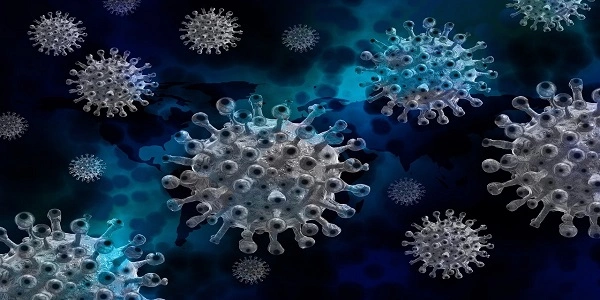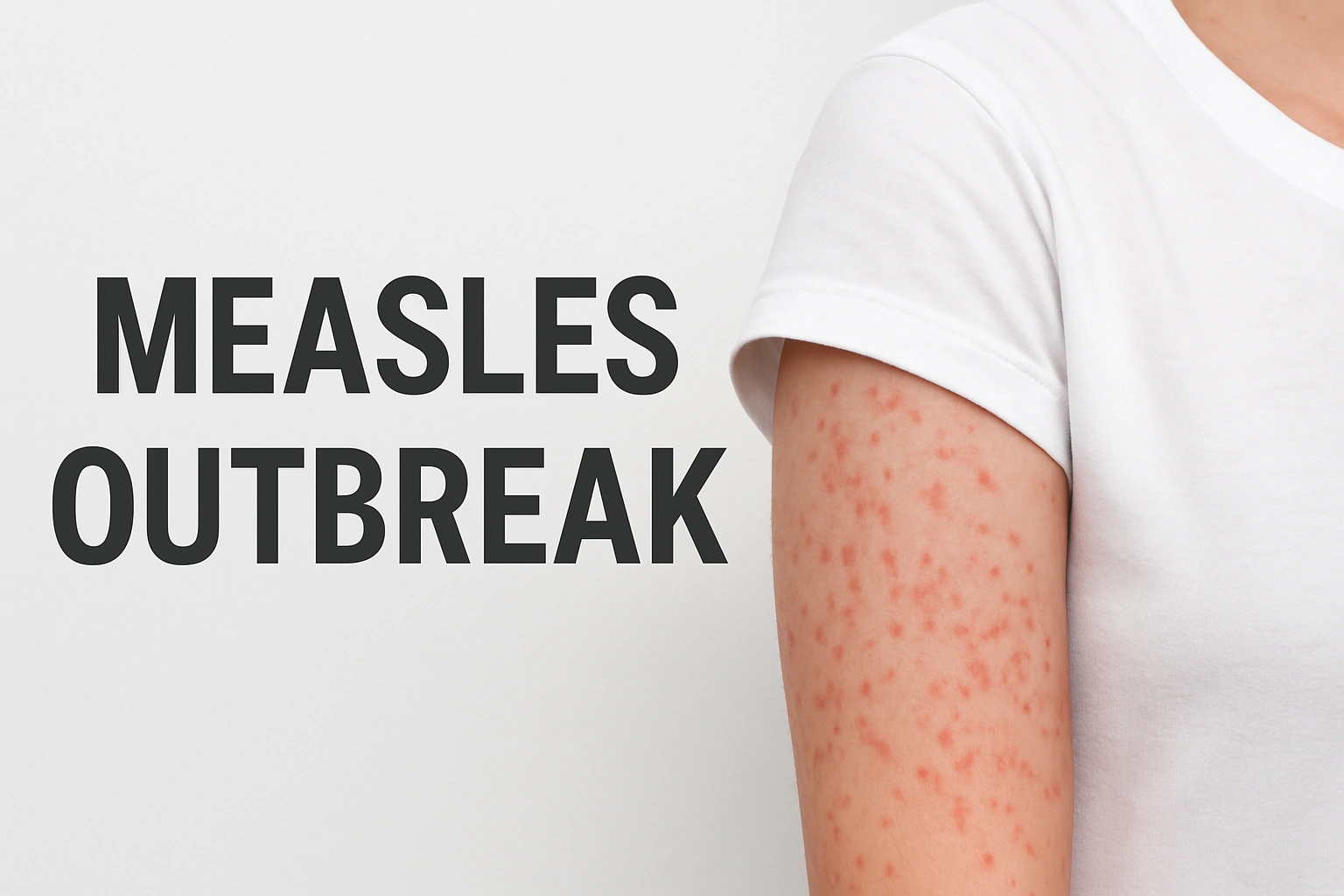Introduction
The COVID-19 pandemic has had a profound impact on global health since late 2019. In June 2025, the virus is slowly becoming active again with a new variant, causing cases of infection. However, due to widespread vaccination and awareness, the number of all these severe cases has decreased. Through this article, we will provide detailed information on the latest variants, symptoms, treatment and prevention measures of COVID-19.
1. Latest Variants of COVID-19 (June 2025)
NB.1.8.1 Variant
The NB.1.8.1 variant was first identified in January 2025. It is a subvariant of Omicron, which is more infectious and is able to evade antibodies generated from prior infections. However, the World Health Organization (WHO) has classified it as a “variant under surveillance” and considers it to be currently low risk for the population, as it has not seen an increase in severe cases or deaths. Still, we all have to take special care of cleanliness around us, and if anyone shows any symptoms of this disease, then definitely visit your nearest doctor. Because one mistake can promote this variant.
Other active variants
JN.1: This variant is currently active in many countries including India and is causing an increase in cases of infection.
XEC: This variant is spreading rapidly in Europe and America and its symptoms are similar to those of the common cold.
2. Symptoms of COVID-19 (in 2025)
Common symptoms
- Fever or chills
- Cough (dry or with mucus)
- Fatigue
- Muscle or body aches
- Headache
- Nausea or vomiting
- Sore throat
- Congested or runny nose
- Diarrhea
Severe symptoms
- Difficulty breathing
- Chest pain or pressure
- Confusion or loss of consciousness
- Bluish lips or face
If any of these symptoms appear, seek medical help immediately or visit your nearest doctor.
3. Spread and prevention of infection
Spread of infection
COVID-19 spreads primarily through droplets emitted when an infected person coughs, sneezes or talks. These droplets can spread in the air or land on surfaces, which a person then touches and then touches their mouth, nose or eyes, causing infection. Always cover your mouth and nose while coughing or sneezing and avoid close contact with others..
Prevention measures
- Get vaccinated and take a booster dose.
- Stay home if you feel sick.
- Avoid crowded places.
- Maintain social distancing.
- Wash hands regularly with soap and water.
- Wear a mask, especially when you are sick or have been in contact with a sick person.
- Stay in places with good ventilation.
The Ministry of Health of India has advised avoiding crowded places and maintaining hand hygiene.
4. Treatment and care
Home care
- Get adequate rest.
- Increase fluid intake
- Take paracetamol for fever or pain.
- Maintain distance from other people.
- Stay hydrated by drinking plenty of fluids
Medical treatment
If symptoms are severe or if you are in an at-risk group (such as the elderly, pregnant women, or people with chronic diseases), contact a doctor immediately. In some cases, antiviral medications like Paxlovid may be prescribed to reduce the risk of severe illness or hospitalization. which may reduce the risk of hospitalization or death.
5. High-risk groups
The risk of COVID-19 is higher for the following groups:
- People over 60 years of age
- Individuals with underlying medical conditions (such as heart disease, diabetes, or cancer)
- People with weakened immune systems
- Pregnant women
- Unvaccinated people
These groups should take special precautions and promptly pay attention to symptoms of infection.
Conclusion
In June 2025, new variants of COVID-19 are causing an increase in cases of infection. However, widespread vaccination and awareness have reduced the number of severe cases. It is still important to take precautions, wash hands regularly, wear a mask, and maintain social distancing. If you or someone around you experiences symptoms of COVID-19, get tested immediately and seek medical help as needed.
This article is based on information available as of June 2025. Always consult your doctor or healthcare provider before making health-related decisions.
Read More->
Amazing Benefits of Drinking Warm Lemon Water in the Morning


